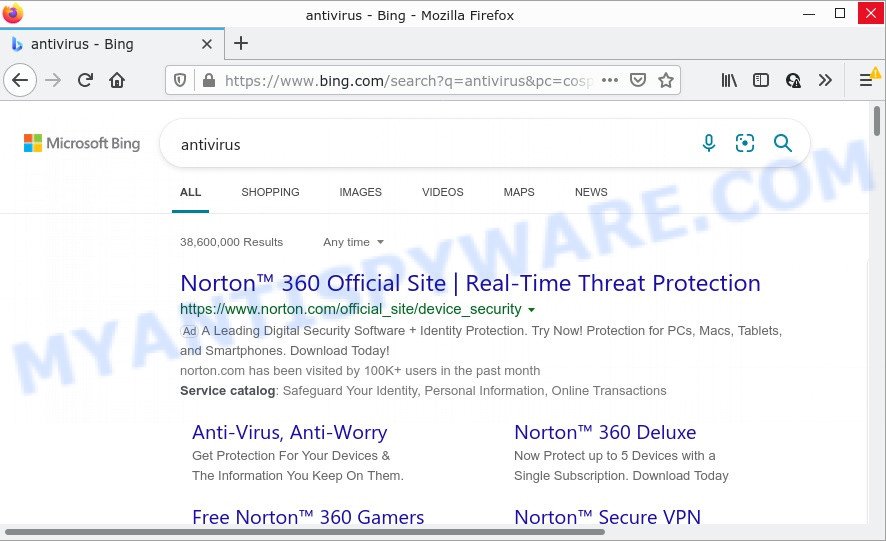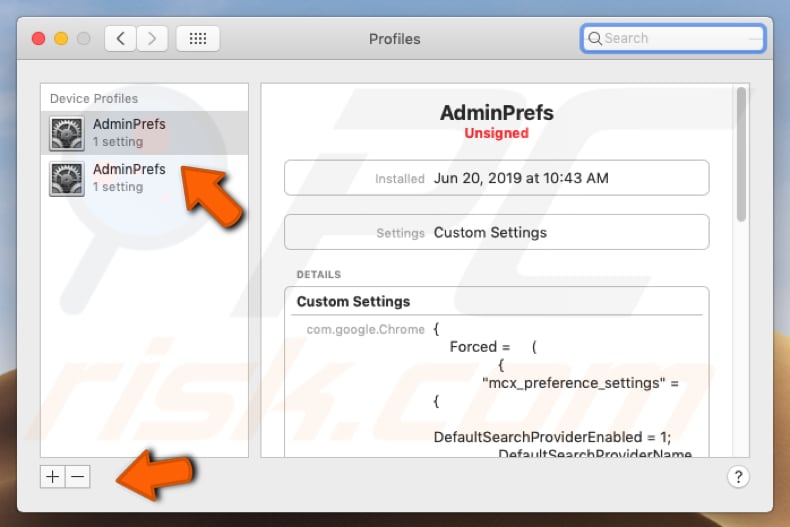

- #THE SMART SEARCH VIRUS INSTALL#
- #THE SMART SEARCH VIRUS ANDROID#
- #THE SMART SEARCH VIRUS PASSWORD#
- #THE SMART SEARCH VIRUS DOWNLOAD#
As part of our work against Ducktail malware, we also issued a cease and desist letter to individuals behind it in Vietnam, referred to law enforcement, and will consider all appropriate additional enforcement options against malicious actors behind targeting people on our services.

With each threat investigation, we’ve continued to strengthen how we detect and block these types of malware threats at scale.
As part of our most recent work to protect people and businesses from malicious targeting using ChatGPT as a lure, since March 2023 we’ve blocked and shared with our industry peers more than 1,000 malicious links from being shared across our technologies and reported a number of browser extensions and mobile apps to our peer companies. We’ve identified these malware operations at different stages of their lifecycle and have already seen rapid adversarial adaptation in response to our detection, including some of them choosing to shift their initial targeting elsewhere on the internet. These malware families target people through email phishing, malicious browser extensions, ads and mobile apps, and various social media platforms with an aim to run unauthorized ads from the compromised business accounts across the internet. This year alone, we’ve detected and disrupted nearly ten new malware strains, including those posing as ChatGPT browser extensions and productivity tools, the latest iterations of malware known in the security community as Ducktail, and previously unreported malware families including one we call NodeStealer.  Our security researchers track and take action against hundreds of threat actors around the world. That’s why we’re sharing our findings, tips and threat indicators so that the defender community and people using our services can take steps to stay safe. Today, we’re publishing detailed findings into aggressive and persistent strains of malware targeting business accounts online.īecause these malicious groups are financially motivated, we expect them to continue probing defenses by diversifying their operations to spread across the internet so they can withstand disruptions by any one company - ours included. Last year, we shared our insights into malicious mobile apps that indiscriminately target the general public and were available in official app stores. This includes a behind-the-scenes look at how we tackle this challenge from multiple angles at once: malware analysis and threat disruption, product updates, community support and education, information sharing with other companies and holding threat actors accountable.
Our security researchers track and take action against hundreds of threat actors around the world. That’s why we’re sharing our findings, tips and threat indicators so that the defender community and people using our services can take steps to stay safe. Today, we’re publishing detailed findings into aggressive and persistent strains of malware targeting business accounts online.īecause these malicious groups are financially motivated, we expect them to continue probing defenses by diversifying their operations to spread across the internet so they can withstand disruptions by any one company - ours included. Last year, we shared our insights into malicious mobile apps that indiscriminately target the general public and were available in official app stores. This includes a behind-the-scenes look at how we tackle this challenge from multiple angles at once: malware analysis and threat disruption, product updates, community support and education, information sharing with other companies and holding threat actors accountable. #THE SMART SEARCH VIRUS ANDROID#
Avoid rooting your smartphone which will remove the verified Samsung and Android software from your phone and void the guarantee.Today, as part of our quarterly threat reporting, we’re sharing updates on how our security, integrity and support teams help protect businesses against malware - one of the most prevalent threats across the internet.If an app request seems unusual it’s likely to be malicious.
#THE SMART SEARCH VIRUS DOWNLOAD#
Take the time to review app permissions before you download them. Avoid installing third-party apps from unknown sources. Never use unsecured Wi-Fi connections and always use a VPN when connecting to public Wi-Fi. #THE SMART SEARCH VIRUS PASSWORD#
Use strong, complicated passwords or a password manager.Avoid clicking on suspicious or unfamiliar links in emails and text messages.
#THE SMART SEARCH VIRUS INSTALL#
Only download or install apps from the Galaxy Store and the Google Play Store. Avoid being bombarded with malicious Ads by downloading an Ad Blocker. Ensure the embedded security features on your Galaxy device are activated at all times. Always keep your operating system and apps up-to-date with the latest software and security updates. 
These pop-ups will usually turn up while you are browsing the Internet and signs that they are not genuine include continual buzzing, bright flashing lights or garish text.Īlthough malware and viruses are very rare on Android Galaxy phones, for the highest level of protection we recommend taking the following extra precautions to protect your phone: These can be malware or phishing attempts, but they can also be trying to persuade you to download an app or visit their website.
Your contacts have been receiving unusual messages from you that you haven’t sentīe aware that unscrupulous advertisers will often use 'your device is infected' pop-ups to persuade you to click on them. Your phone has apps you don’t remember downloading. You’re experiencing a lot of pop-up ads. The battery drains faster than expected. The signs that your phone has been infected with a virus or malicious malware include: Whilst viruses and malware do not pose a significant threat to your Galaxy phone due to Samsung's industry leading security features, it is still important to be vigilant to a virus attack.








 0 kommentar(er)
0 kommentar(er)
